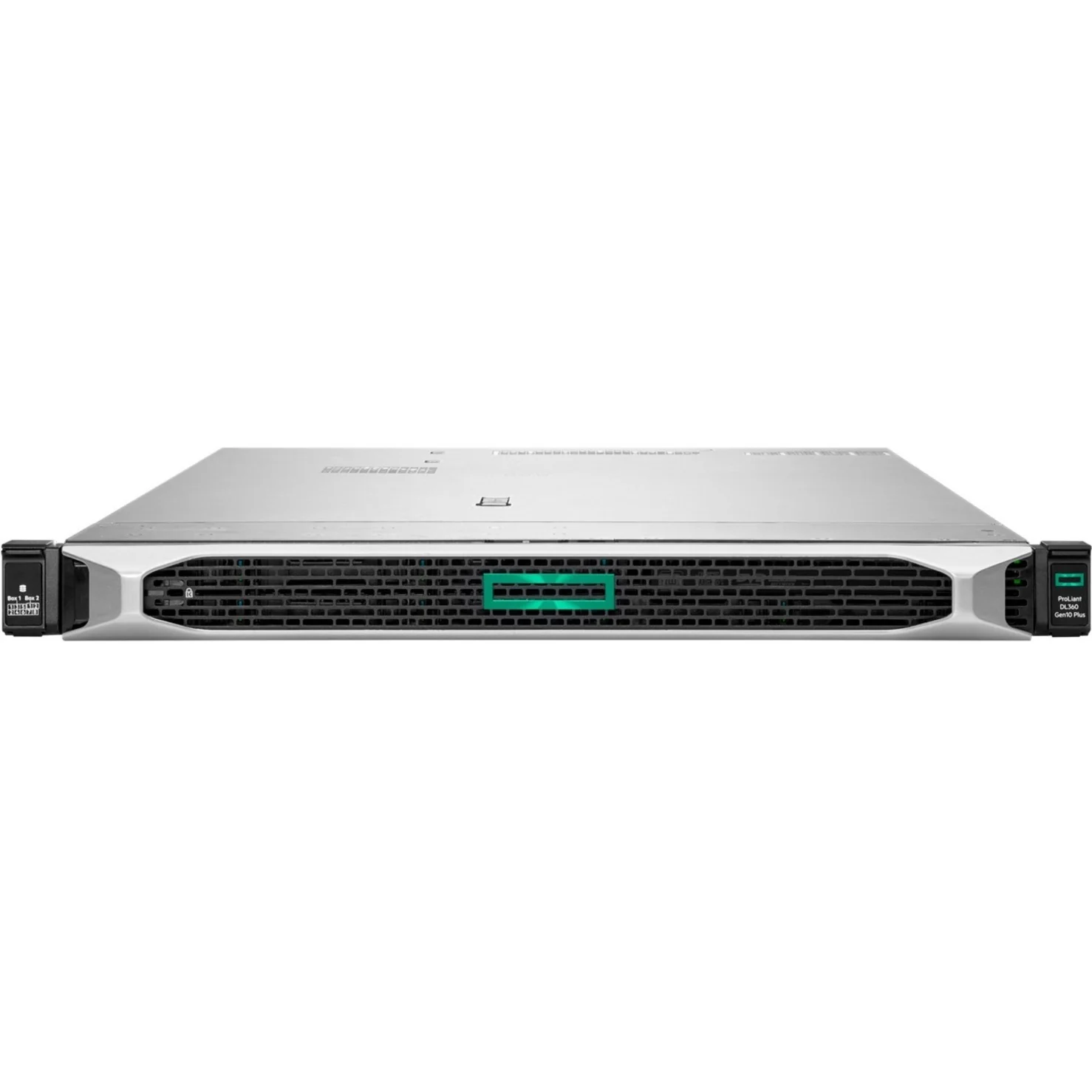ddr5 memory reliability
DDR5 memory reliability represents a significant advancement in computer memory technology, offering enhanced performance and dependability for modern computing systems. This latest generation of dynamic random-access memory delivers improved error detection and correction capabilities, making it particularly suitable for data-intensive applications and enterprise-level systems. The technology incorporates advanced features such as on-die Error Correction Code (ECC), enhanced voltage regulation, and sophisticated power management systems. These improvements result in better data integrity and system stability compared to previous generations. DDR5 memory operates at higher frequencies while maintaining exceptional reliability through its built-in error handling mechanisms. The architecture includes independent channels for improved bandwidth utilization and more efficient data processing. With operating voltages reduced to 1.1V from DDR4's 1.2V, DDR5 memory not only offers better power efficiency but also demonstrates enhanced thermal performance, contributing to its overall reliability. The system's ability to detect and correct errors in real-time ensures data integrity and system stability, making it an ideal choice for critical applications in data centers, high-performance computing, and professional workstations.


